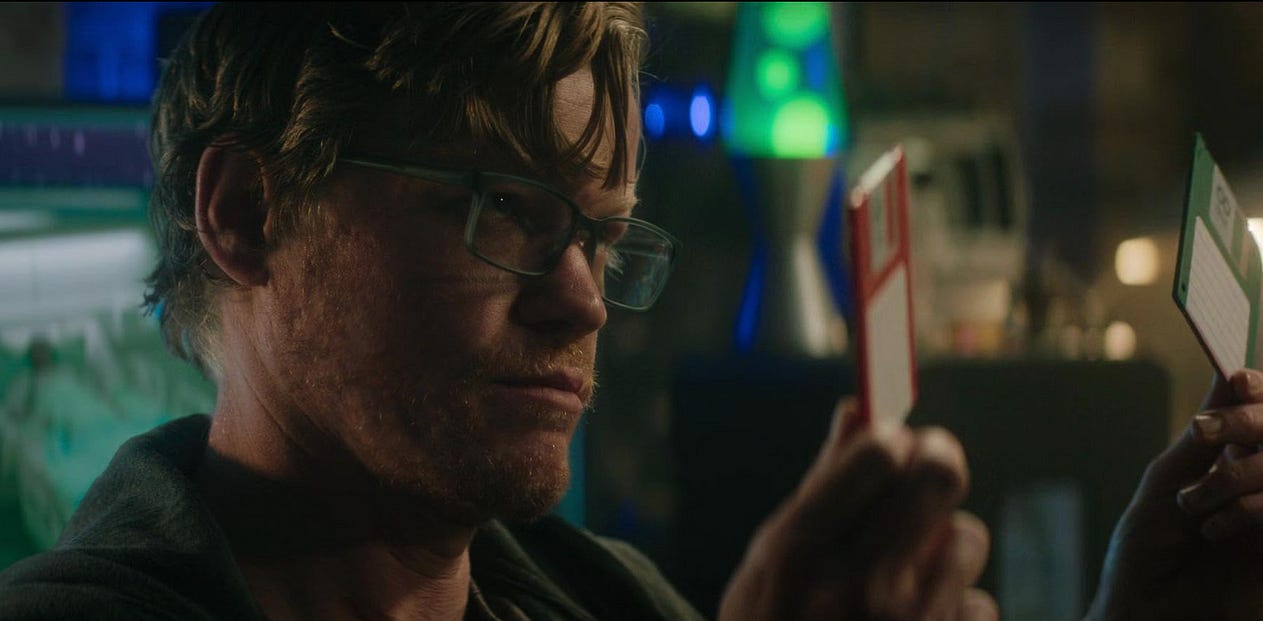‘USS Callister: Into Infinity’ Is the Perfect Finale to a Near-Perfect Black Mirror Season
This flashy outlier episode is one of the show’s strongest yet
Sometimes as a writer, it’s hard not to wrestle with a certain feeling of “What’s the point?” as I cover seemingly trivial subjects. With so much chaos going on in the world, I can’t help but feel that the time would be better spent elsewhere. But this season of Black Mirror has been a wonderful reminder for me of why I find covering entertainmen…
Keep reading with a 7-day free trial
Subscribe to The Gen Z Report to keep reading this post and get 7 days of free access to the full post archives.


